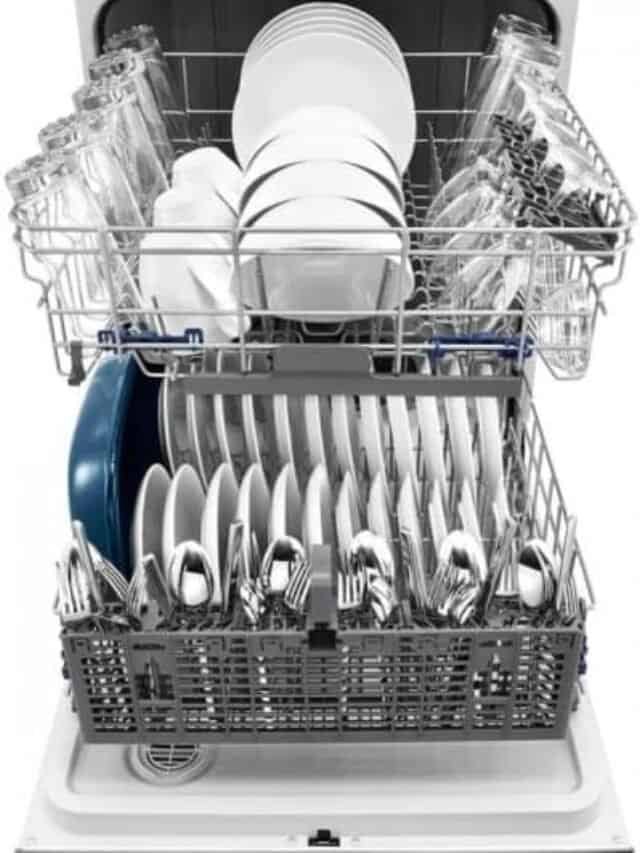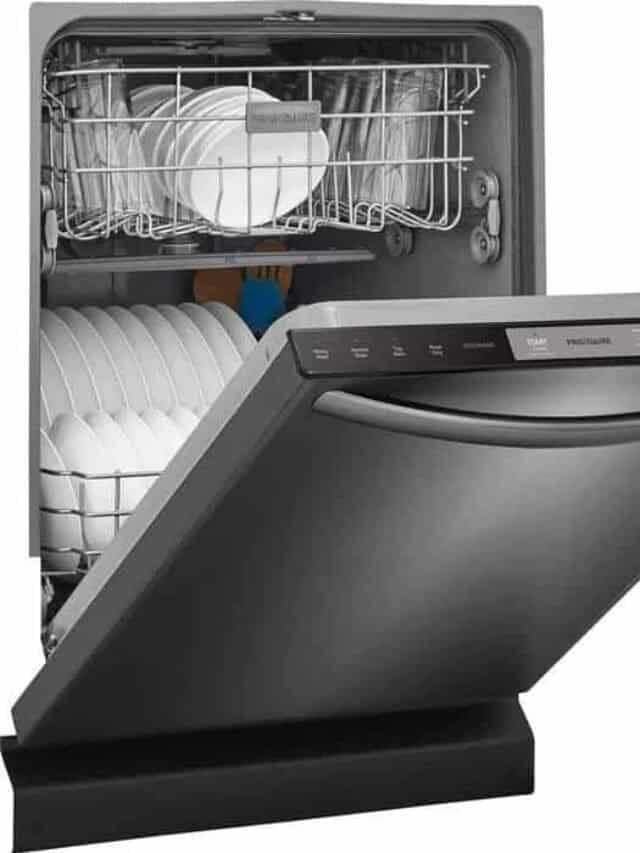In the chilly depths of winter, many homeowners grapple with the question of whether it’s safe to run their dishwasher in freezing weather. It’s a conundrum that arises from concerns about potential damage to the appliance, skyrocketing energy bills, and the effectiveness of the cleaning process. To shed light on this matter, we’ll delve into the intricacies of dishwasher operation during freezing conditions.

Table of Contents
The Dishwasher’s Operating Environment
Understanding the Basics
Before we dive into the freezing weather aspect, let’s first understand how a dishwasher operates. Dishwashers are designed to work efficiently within a specific temperature range, typically between 120°F to 150°F (49°C to 66°C). This range is ideal for dissolving detergents, breaking down food particles, and ensuring hygienic cleaning.
Freezing Temperatures
In freezing weather, the ambient temperature inside your home can drop significantly. This temperature drop can affect the performance of your dishwasher, as the water entering the appliance may be colder than the recommended range.
Potential Issues
Damage to the Dishwasher
One primary concern when running a dishwasher in freezing weather is the potential for damage. The internal components of the dishwasher, including the water inlet valve and hoses, can be vulnerable to freezing. When water freezes, it expands, and this expansion can lead to cracks or damage in these components.
Inefficient Cleaning
Cold water doesn’t clean as effectively as hot water. When the water temperature is below the optimal range, the dishwasher may struggle to remove tough stains and grease, leaving dishes less clean than desired.

Tips for Running a Dishwasher in Freezing Weather
Maintain a Warm Environment
To mitigate potential issues, ensure that your kitchen or the area where your dishwasher is located is adequately heated during the winter. This can help prevent the water entering the dishwasher from getting too cold.
Pre-rinse Dishes
In freezing weather, it’s a good practice to pre-rinse your dishes to remove as much food residue as possible. This can aid in more effective cleaning, even with colder water.
Use Hot Water at the Sink
Before starting your dishwasher, run hot water at the sink until it reaches its maximum temperature. This can help the dishwasher start with warmer water, improving its cleaning performance.
Conclusion
So, is it okay to run your dishwasher in freezing weather? While it’s not ideal due to potential damage and less efficient cleaning, you can take precautions to minimize these risks. Ensure your kitchen is adequately heated, pre-rinse your dishes, and use hot water at the sink to help your dishwasher perform better.
Now, let’s address some frequently asked questions:
FAQs
1. Can running a dishwasher in freezing weather cause permanent damage?
Running a dishwasher in freezing weather can potentially cause damage, but it’s not necessarily permanent. If you take precautions and address the issues promptly, you can prevent long-term damage.
2. Will running a dishwasher in cold weather significantly increase my energy bills?
Running a dishwasher in cold weather may lead to a slight increase in energy consumption as the appliance works harder to heat the water. However, the impact on your overall energy bills is typically minimal.
3. What temperature is considered too cold for running a dishwasher?
If the water entering your dishwasher is consistently below 120°F (49°C), it’s considered too cold for efficient cleaning. Take steps to warm the water or pre-rinse dishes to compensate.
4. Can I use antifreeze to protect my dishwasher in freezing weather?
It’s not recommended to use antifreeze in your dishwasher. Antifreeze can be toxic and may damage the appliance. Focus on keeping the surrounding environment warm instead.
5. Are there dishwasher models designed for use in freezing conditions?
Some dishwasher models are built with features to withstand colder temperatures. If you live in an extremely cold climate, consider investing in a dishwasher designed for such conditions for optimal performance.
Remember, while it’s generally okay to run your dishwasher in freezing weather with precautions, it’s essential to monitor its performance and address any issues promptly to avoid long-term damage.

